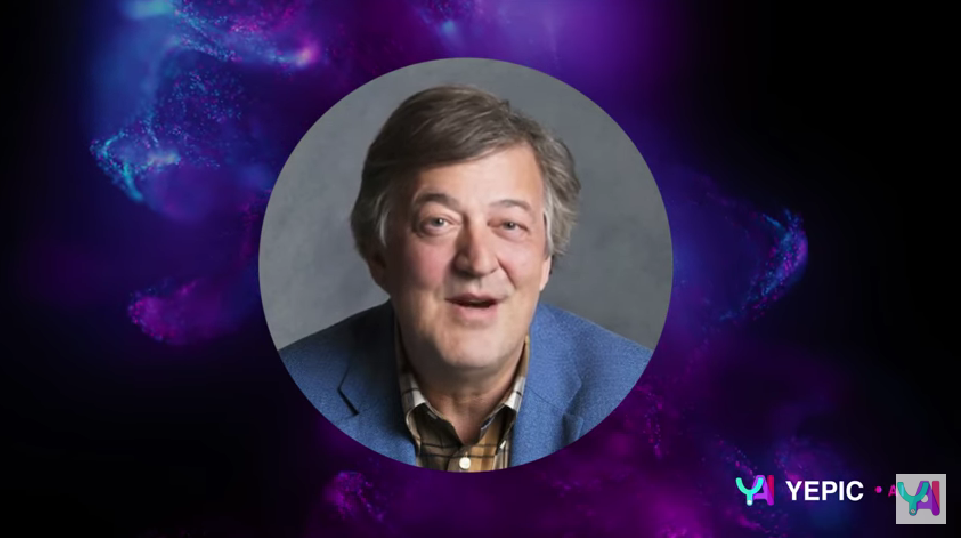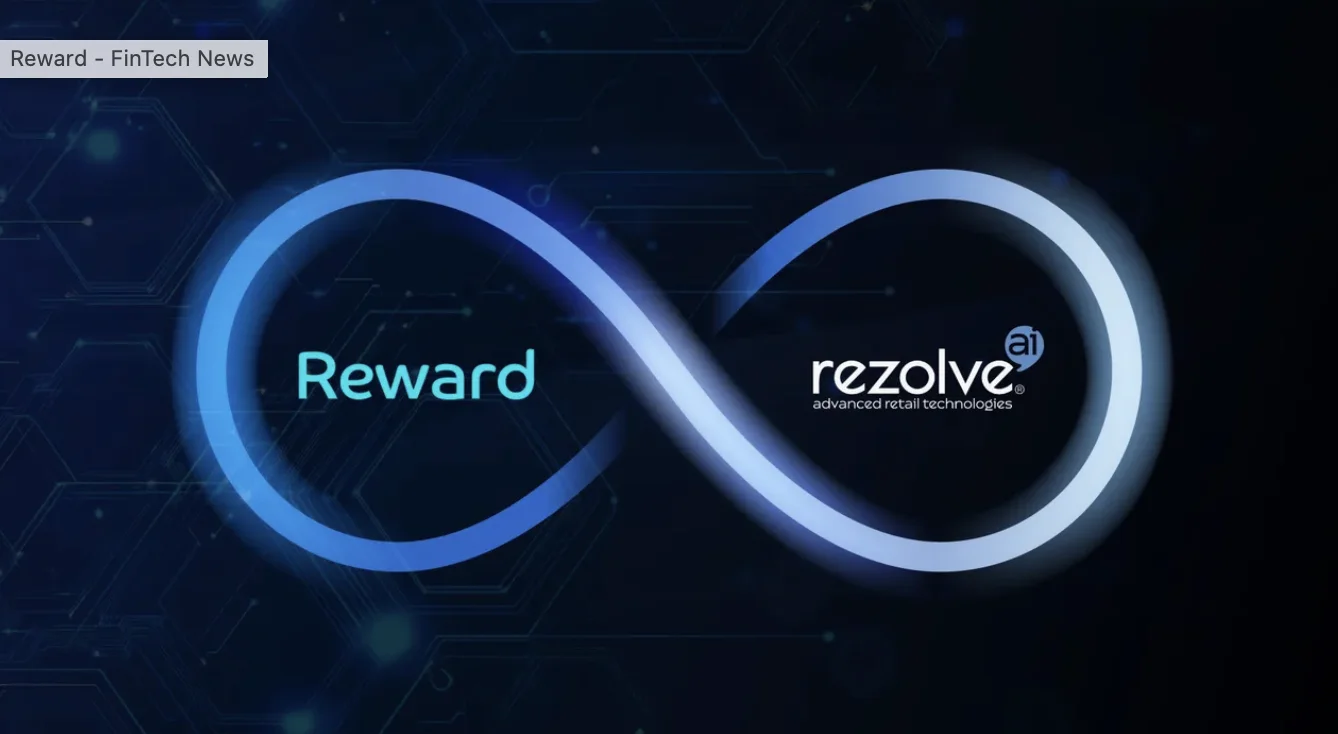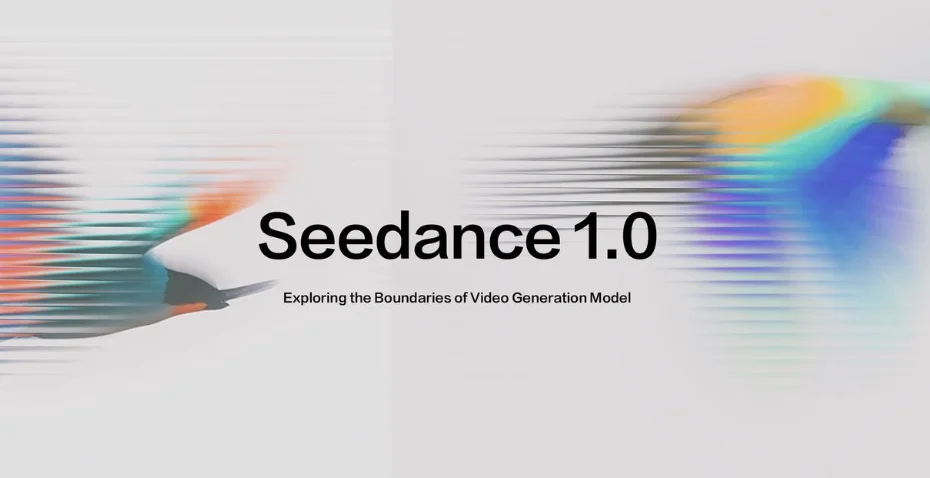Stephen Fry is sounding the alarm on Artificial Intelligence (AI) following a disconcerting revelation that his voice had been imitated by machine learning. The seasoned 66-year-old actor, author and narrator made an appearance at the CogX Festival in London, where he played a clip for the audience featuring his voice in the narration of a historical documentary.
“I said not one word of that — it was a machine,” said Fry, according to Fortune. “Yes, it shocked me. They used my reading of the seven volumes of the Harry Potter books, and from that dataset, an AI of my voice was created and it made that new narration.”
Fry is best known for his roles in comedy, acting and writing. He gained fame through the Fry and Laurie comedy duo with Hugh Laurie, starring in “A Bit of Fry & Laurie” (1989–1995) and “Jeeves and Wooster” (1990–1993). He also appeared in “Alfresco” (1983–1984) with Laurie, Emma Thompson, and Robbie Coltrane, as well as “Blackadder” (1986–1989) alongside Rowan Atkinson.
Modulating Words
Fry emphasized that the audio clip presented was not the product of a mash-up. He explained that it originated from a versatile artificial voice system capable of modulating words to match the context of each sentence. He expressed concern about the potential for this technology to have him narrate anything, ranging from inciting actions like storming Parliament to explicit content, all without his awareness or consent. Fry underscored that the audio example played was generated without his prior knowledge.
“So I heard about this, I sent it to my agents on both sides of the Atlantic, and they went ballistic — they had no idea such a thing was possible,” he added before warning over the technology: “Tech is not a noun, it is a verb, it is always moving. What we have now is not what will be. When it comes to AI models, what we have now will advance at a faster rate than any technology we have ever seen. One thing we can all agree on: It’s a f***ing weird time to be alive.”
Industry Fears
The ongoing strikes between major Hollywood studios and the actors’ and writers’ unions have ignited a contentious debate centred around the role of AI in the film industry. Over the past decade, AI has permeated the world of movies and television, manifesting its transformative potential in various ways. It has been instrumental in de-aging actors, dissecting viewer patterns on streaming platforms, resurrecting the voices of departed actors, and even masterminding entire movie trailers.
Screenwriters are now grappling with the looming spectre of AI potentially altering their creative landscape. There is a growing concern that AI could be employed to generate a rudimentary initial draft with minimal human input, with writers subsequently brought in to enhance and refine these drafts, albeit at substantially reduced pay rates. This prospect has sparked anxieties about job security and the creative autonomy of screenwriters.
Simultaneously, actors are confronting the unsettling prospect of their own digital likenesses taking on a life of their own within screen roles. The rise of AI has triggered discussions about the perpetuity of an actor’s presence in films. Notably, Tom Hanks recently voiced the intriguing notion that AI could potentially preserve his on-screen presence indefinitely, raising intriguing questions about the boundaries between the virtual and the real in the world of entertainment. Emma Watson, of Harry Potter fame, had her voice replicated and a recording of her reciting passages from Adolf Hitler’s Mein Kampf was uploaded to the internet. Thelma & Louise actor Susan Sarandon is another raising concern in the profession, warning that AI could make her “say and do things I have no choice about”.
Featured image: Credit CogX Festival






